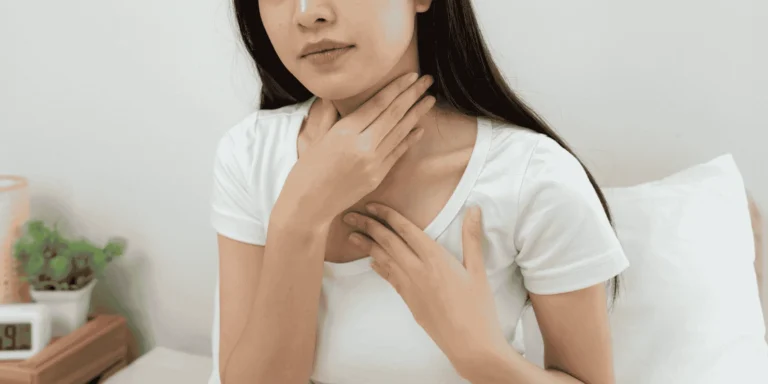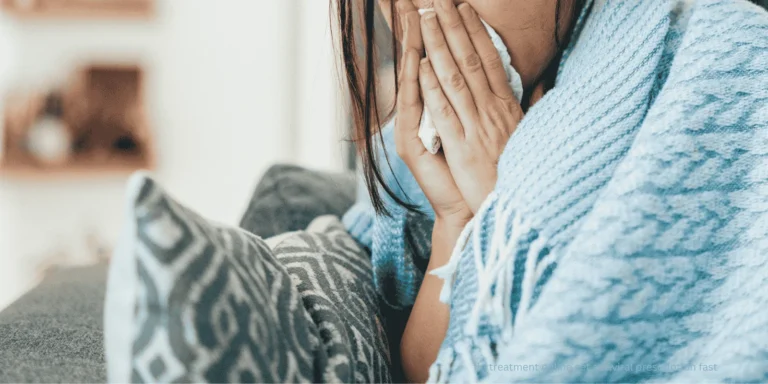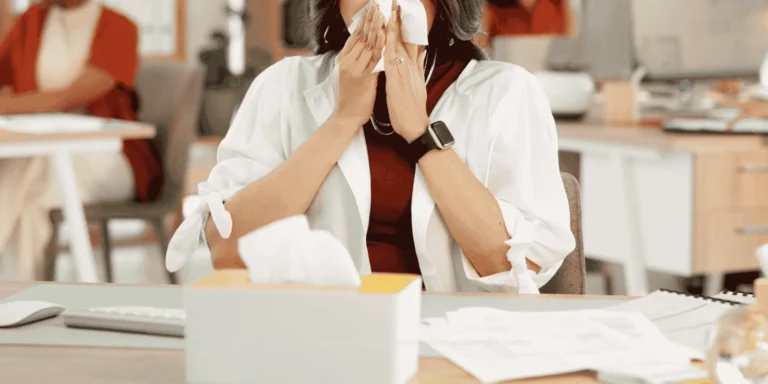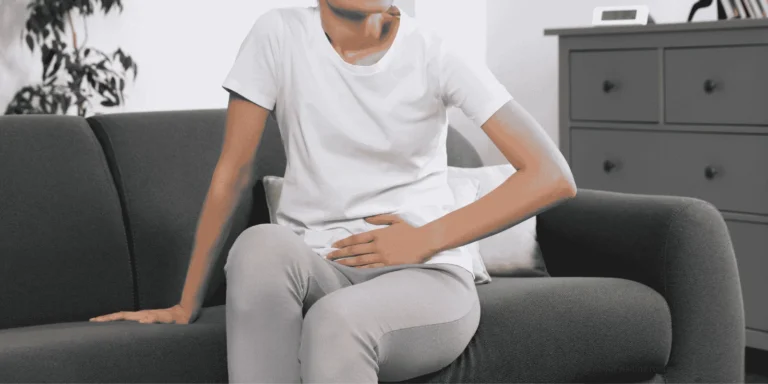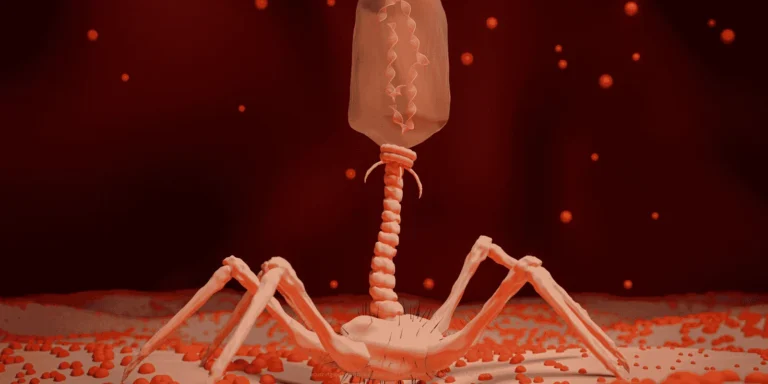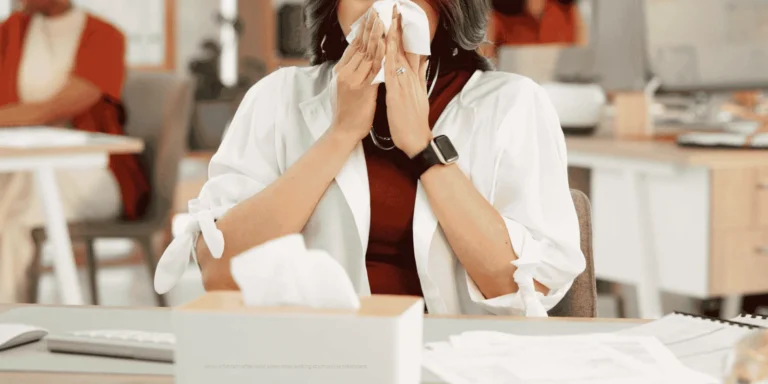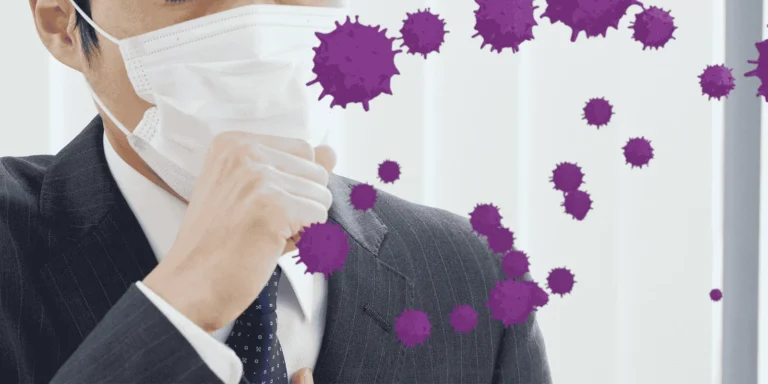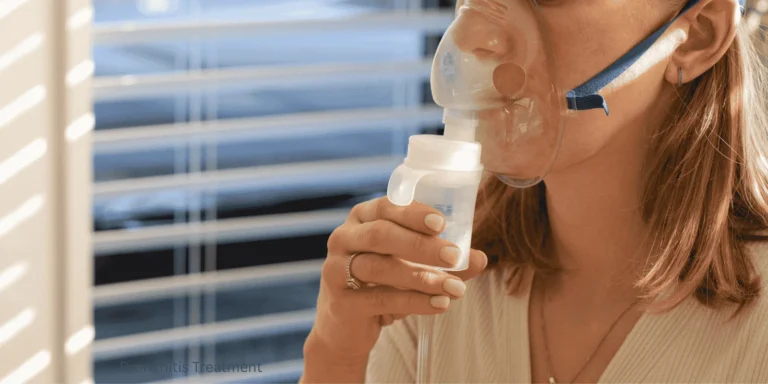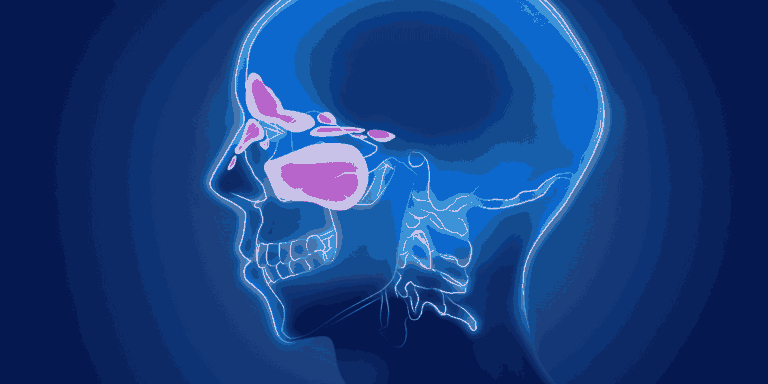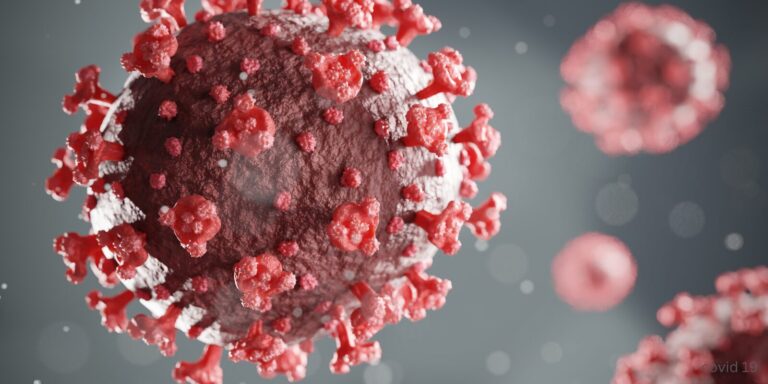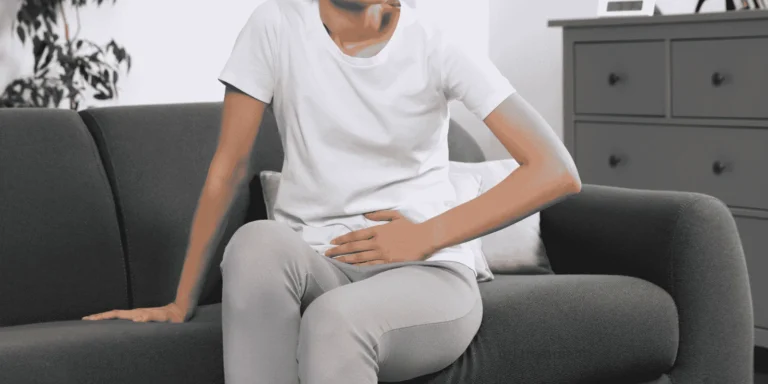That tingling around your lip means trouble’s coming.
Oral herpes, caused by herpes simplex virus type 1 (HSV-1), is incredibly common. About 67% of people worldwide have it, though many don’t know it.
The Virus Basics
HSV-1 typically causes cold sores around the mouth and lips. Once you’re infected, the virus stays in your system forever, hiding in nerve cells and occasionally reactivating.
Most people get HSV-1 during childhood through innocent contact — sharing drinks, kisses from relatives, or playground interactions.
First Outbreak vs. Recurrences
The initial infection is usually the worst. You might get:
- Multiple painful blisters around the mouth
- Fever and body aches
- Swollen lymph nodes
- Feeling generally unwell
Recurrent outbreaks are typically milder — maybe one or two small blisters that heal within a week.
The Warning Signs
Most people learn to recognize their triggers:
- Tingling or burning sensation before blisters appear
- Stress or illness
- Sun exposure
- Hormonal changes
- Fatigue
I tell patients to start treatment at the first tingle, before blisters develop.
Common Triggers
- Physical or emotional stress
- Illness or fever
- Sun exposure (wear lip balm with SPF)
- Menstrual periods
- Certain foods (some people report citrus or nuts)
- Dental work or lip injury
Treatment Options
Antiviral medications like acyclovir, valacyclovir, or famciclovir can:
- Reduce outbreak duration
- Lessen symptom severity
- Prevent outbreaks if taken daily
Topical treatments provide symptom relief but don’t shorten healing time significantly.
Transmission Facts
You’re most contagious when blisters are present, but the virus can spread even without visible symptoms through “viral shedding.”
HSV-1 can spread to genitals through oral sex, causing genital herpes.
Prevention Strategies
- Avoid kissing or sharing drinks/utensils during outbreaks
- Don’t share lip products, razors, or towels
- Wash hands frequently if you touch cold sores
- Use sunscreen on lips
- Manage stress levels
The Stigma Reality
Cold sores carry unfair stigma. They’re incredibly common and don’t reflect poor hygiene or sexual behavior. Many people get HSV-1 as children through completely innocent contact.
When to Seek Care
Contact a healthcare provider if:
- First outbreak (needs confirmation and treatment)
- Frequent outbreaks (more than 6 per year)
- Severe symptoms or complications
- Outbreaks near your eyes
- You’re immunocompromised
Pregnancy Considerations
HSV-1 is generally not dangerous during pregnancy, but discuss with your doctor. The main concern is if you get your first infection while pregnant.
Living with HSV-1
Most people with oral herpes live normal lives with occasional minor outbreaks. Antiviral medications can reduce frequency and severity.
Learning your triggers and starting treatment early makes a big difference in managing symptoms.
Telehealth Advantage
Oral herpes evaluation works well through telehealth. We can assess symptoms, prescribe antivirals, and provide ongoing management advice — all without you having to leave home during an outbreak.
The key is not letting embarrassment prevent proper treatment. Oral herpes is manageable with the right approach and medications.

